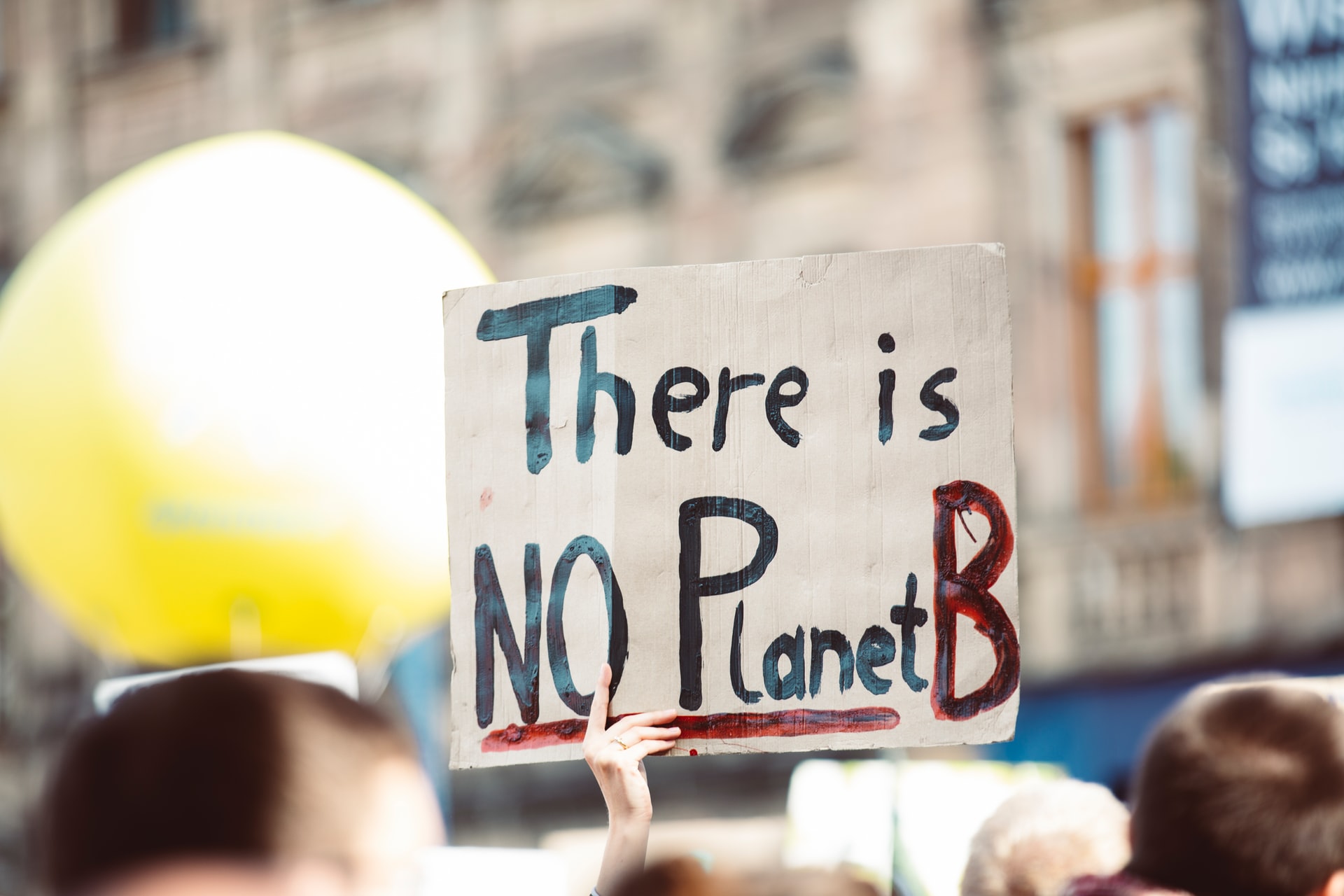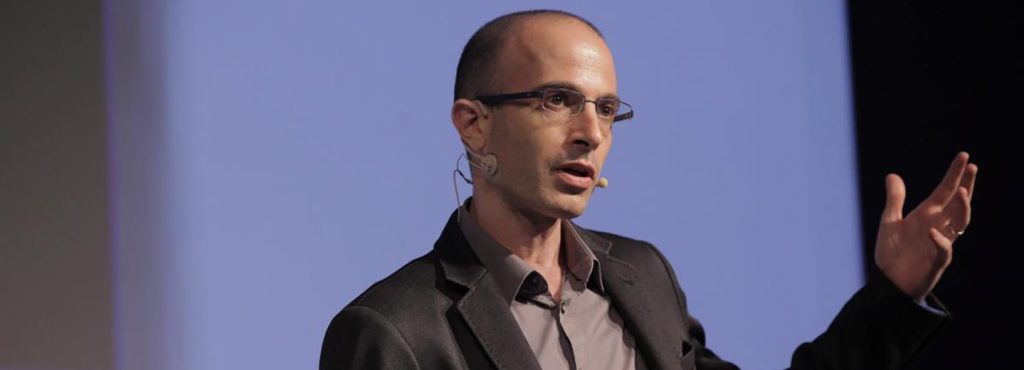
The world's growing concern about global warming has led to an increasingly frequent debate about what we need to do and, more than that, how much we need to invest so that the planet's average temperature increases by just 1.5 °C. If it goes above, the consequences can be devastating. Just from an economic perspective, we could lose up to 18% of global GDP by 2050 if the increase is 3.2°C, warns the Swiss Re Institute.
On the other hand, according to historian and writer Yuval Noah Harari, author of best-sellers such as Sapiens, Homo Deus and 21 Lessons for the 21st Century, the cost of stopping this phenomenon is much lower: in an article he wrote for Time magazine, he says that 2% to 3% of global GDP is needed to transition to a low-carbon economy, especially in the energy and transport sectors, which are highly dependent on fossil fuels.
The author reinforces that, despite some divergences, several references point to a similar percentage, all being below 2 digits of world GDP. If compared with the warning from the Swiss Re Institute, it is clear that we are talking about an investment and not an expense.

Harari says this investment needs to be made in new technologies and infrastructure, such as advanced batteries to store solar energy and decentralized electrical grids to distribute it. Measures that will create new jobs and new economic opportunities, as well as reduce the negative consequences of burning fossil fuels. In Brazil alone, for example, air pollution kills more than 50 thousand people per year and has a billion-dollar impact considering the loss of productivity and the costs of the public health system, warns a review of studies coordinated by the World Resources Institute (WRI) Brazil.
According to the World Economic Forum's 2021 Global Risks Report, billions of people around the world are at greater risk of losing future economic opportunities and the benefits of a resilient global community if nothing is done to reverse this scenario.
By demanding that governments make climate change mitigation a priority, we can protect the most vulnerable populations from natural disasters, leave a better world for our children and grandchildren, and, to top it off, create a more prosperous economy in the process. And it won't even cost that much.
Share